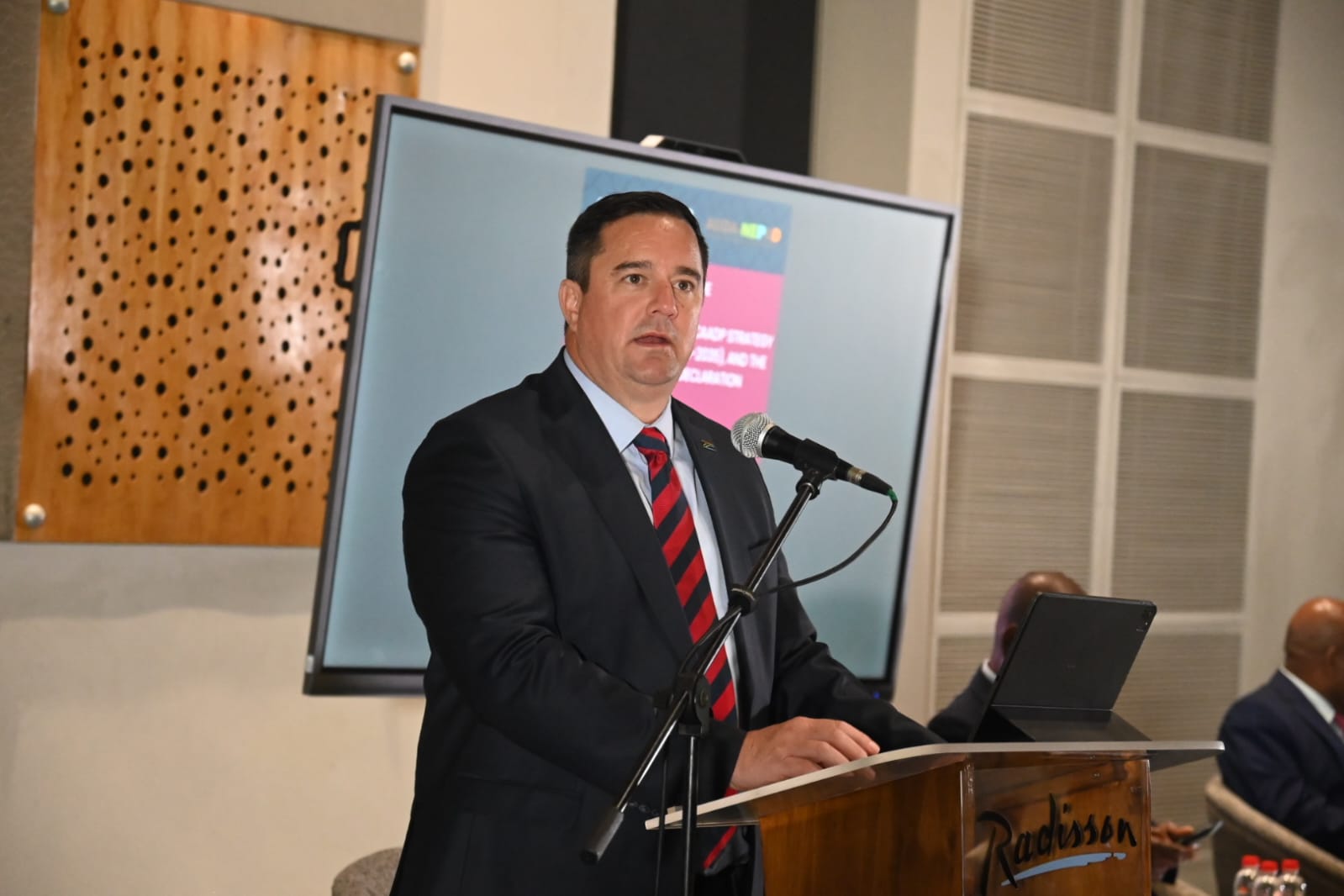Topic Resources
December 09, 2020
This is the Second Biennial Review Report of the African Union Commission — on the Implementation of the Malabo Declaration on Accelerate
August 21, 2018
April 20, 2017
February 10, 2022
Agenda 2063 is Africa’s development blueprint to achieve inclusive and sustainable socio-economic development over a 50-year period.
December 17, 2025
December 01, 2025
October 22, 2026


